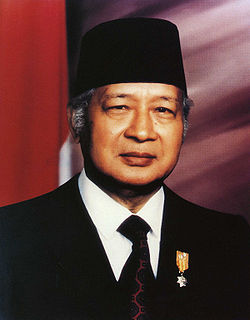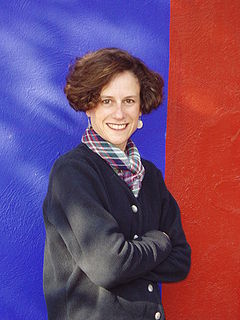A Quote by Sanjaya Baru
The challenge of leadership in a plural democracy is to construct policies that ensure political stability, social equity, and economic progress on the basis of a widely shared ethical and cultural foundation.
Related Quotes
Chile has done a lot to rid itself of poverty, especially extreme poverty, since the return to democracy. But we still have a ways to go toward greater equity. This country does not have a neoliberal economic model anymore. We have put in place a lot of policies that will ensure that economic growth goes hand in hand with social justice.
The enormous social change involved in a sexual revolution is basically a matter of altered consciousness, the exposure and elimination of social and psychological realities underlying political and cultural structures. We are speaking, then, of a cultural revolution, which, while it must necessarily involve the political and economic reorganization traditionally implied by the term revolution, must go far beyond this as well.
All media work us over completely. They are so pervasive in their personal, political, economic, aesthetic, psychological, moral, ethical, and social consequences that they leave no part of us untouched, unaffected, unaltered. The medium is the message. Any understanding of social and cultural change is impossible without a knowledge of the way media work as environments. All media are extensions of some human faculty - psychic or physical.
Not all political actors share our vision of fighting terrorism, lessening tensions in the region and focusing on building the economy. It is natural that they would challenge the government, but we have fought every challenge effectively. The daily ups and down of democracy should not be interpreted as lack of stability.
As I have shown, I will defend democracy with arms when it is threatened by violence; with firmness when it is weakened by division; with law and order when it is subverted by anarchy; and always, I will try to sustain it by wise policies of economic progress so that a democracy means not just an empty liberty, but a full life for all.



































